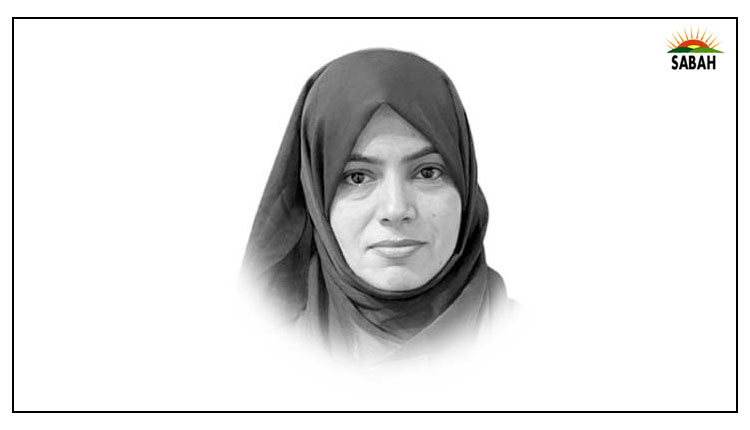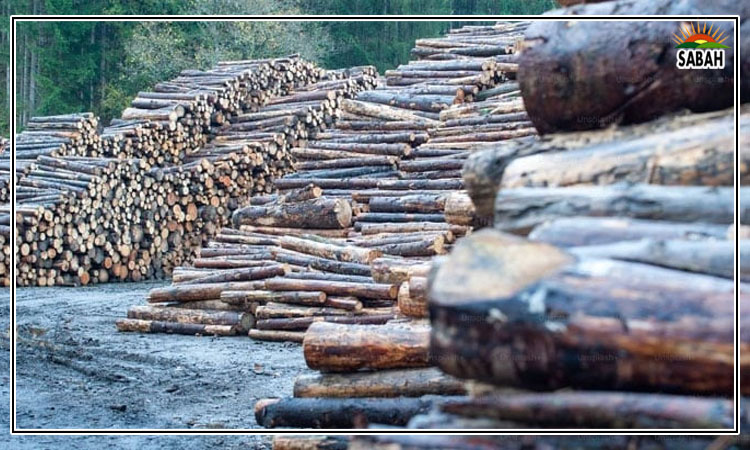Our fragile planet…By Dr Murtaza Khuhro
Earth faces unprecedented threats. Essential resources like air and water are under strain, as human activities push the planet to its limits. Industrialization, population growth, and unsustainable consumption have triggered deforestation, pollution, and climate change – challenges demanding urgent attention. Developing countries like Pakistan bear a disproportionate burden, lacking resources to combat environmental damage effectively.
Environmental degradation over the last 200 years has intensified, threatening ecosystems and depleting natural resources. The concept of environmental rights has gained global traction, with legal frameworks emerging to protect both the planet and human well-being. Many international agreements and national constitutions now recognise the need for a healthy environment.
The health of our planet directly impacts human survival. To secure a sustainable future, we must adopt eco-friendly practices and prioritize harmony with nature. Protecting the environment preserves our natural heritage and ensures a just and prosperous future for all.
Recognising the urgent need to address these challenges, the international community has made significant strides in developing a legal framework to protect the environment. This framework, comprised of international treaties, regional conventions, and domestic laws, seeks to ensure a sustainable future for generations to come.
The Industrial Revolution, a period of remarkable technological advancement, inadvertently set in motion a chain of events that would profoundly impact our planet. The relentless pursuit of production and over-production led to the exploitation of natural resources, the release of harmful pollutants, and the alteration of delicate ecosystems. As human populations soared and consumption patterns intensified, the strain on the environment grew exponentially.
Developing countries like Pakistan face a multitude of challenges, exacerbated by factors such as the absence of effective rule of law, weak governance, rampant corruption, deep societal inequalities, widespread poverty, and a disregard for the well-being of the common people. Additionally, unsustainable mining practices, harmful agricultural techniques, unsafe industrialisation, and unplanned urbanisation contribute to environmental degradation and social issues.
Deforestation, water scarcity, air pollution, and waste mismanagement are pressing issues that threaten the country’s ecological balance and the well-being of its people.
Environmental rights, increasingly recognised as fundamental human rights, are embedded in numerous international declarations, resolutions, and national constitutions, emphasising the critical connection between environmental health and human well-being.
The United Nations General Assembly Resolution (2022) and the Human Rights Council Resolution (2021) affirm the right to a clean, healthy, and sustainable environment, following earlier milestones like the Stockholm Declaration (1972) and Rio Declaration (1992), which introduced principles of sustainable development and public participation in environmental governance.
Treaties like the Convention on Biological Diversity (CBD) and the Aarhus Convention further enhance these rights by focusing on biodiversity conservation and access to environmental information and justice. Regionally, frameworks such as the African Charter on Human and Peoples’ Rights (Article 24) and the Escazu Agreement in Latin America explicitly protect environmental rights.
Nationally, constitutions in countries like Pakistan (Article 9 and 9A), South Africa (Section 24), Brazil (Article 225), and Norway (Article 112) enshrine the right to a healthy environment, obligating states to ensure its protection for present and future generations.
Emerging trends include recognising ecosystems and species as legal entities, as seen in Ecuador and New Zealand, while courts globally advance climate litigation, connecting environmental degradation to fundamental human rights. These rights are bolstered by customary international principles like the precautionary principle, polluter-pays principle, and intergenerational equity, forming a robust legal foundation for environmental justice worldwide. However, implementation challenges, particularly in developing countries, highlight the need for coordinated action across governments, international bodies, and civil society to uphold these rights for a sustainable future.
Developing countries can tackle environmental challenges with sustainable agriculture, reforestation, and renewable energy like solar, wind, biogas, and hydropower to reduce fossil fuel dependency and emissions. Effective waste management through recycling, composting, and waste-to-energy plants can curb pollution, while water conservation efforts like rainwater harvesting, efficient irrigation, and infrastructure repairs address water scarcity without costly dams. Pollution control, enforcing regulations, and conserving biodiversity through protected areas and community-based initiatives are equally vital.
Pakistan’s climate resilience demands governance grounded in transparency, accountability, and the rule of law for equitable resource management. Skill development through technical education and entrepreneurial training can empower individuals, enhance productivity, and attract investment. Reliable energy, digital connectivity, and technological advancements are critical for economic transformation. This holistic strategy not only strengthens resilience but also unlocks sustainable development opportunities for Pakistan in an increasingly climate-conscious world.
COURTESY










